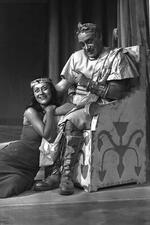
Miriam Zohar
Miriam Zohar is known as one of the leading ladies of Israeli theater, performing as a lead at the Habimah theater from 1951 until 1994. After a tumultuous war-torn childhood and immigration journey from Ukraine to Israel, Zohar rose to fame working under director Hy Kalus and won an Israel Prize for her noteworthy performances.
Charlotte Zolotow
Writer and editor Charlotte Zolotow wrote over 70 children’s books. Her best-known story is William’s Doll, which was produced as a short film and as a song for the popular children’s album Free to Be … You and Me. Some of Zolotow’s books approach difficult topics such as gender roles, death, single parents, and conflict.
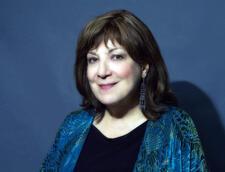
Avivah Gottlieb Zornberg
Avivah Gottlieb Zornberg is a highly regarded Torah scholar and author. Her complex interpretive lens is both contemporary, in drawing from literary sources, philosophy, and psychoanalytic theory, and very traditional, in reading the Bible through the lens of classic commentaries and rabbinic midrash.
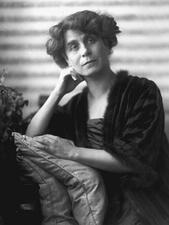
Berta Zuckerkandl
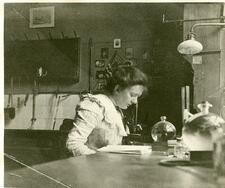
Margarete Zuelzer
Margarete Zuelzer’s life epitomizes both the successes and frustrations of women scientists in academia in the first half of the twentieth century. One of the first generation of women scientists in Germany and also one of the first to receive an appointment in a ministry of the Weimar Republic, she was forced to flee from Nazi Germany. Unable to find refuge, she was murdered in 1943.
Miriam Shomer Zunser
Miriam Shomer Zunser, journalist, playwright, and artist, was an important promoter of Jewish culture in America during the period before World War II. Born in Odessa in 1882, Zunser left a strong legacy in the Yiddish literary world and in the world of Jewish activism and organization.
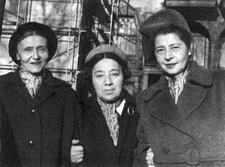
Rajzel Zychlinski
Rajzel Zychlinski’s poetry was shaped by the hopes and horrors of the twentieth century. She lived in Poland, the Soviet Union, France, and the United States, and was fluent in five languages, but for over seventy years she wrote only in the one idiom that was truly hers: Yiddish.
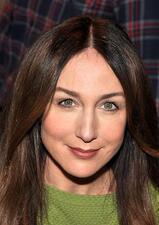
Elsa Zylberstein
Krystyna Zywulska
Born Sonia Landau in 1918, Krystyna Żywulska escaped the Warsaw Ghetto, hid as a Christian, and helped other Jews in hiding. Even after the war, she hid her Jewish identity, until she eventually published an autobiographical novel in 1963.


